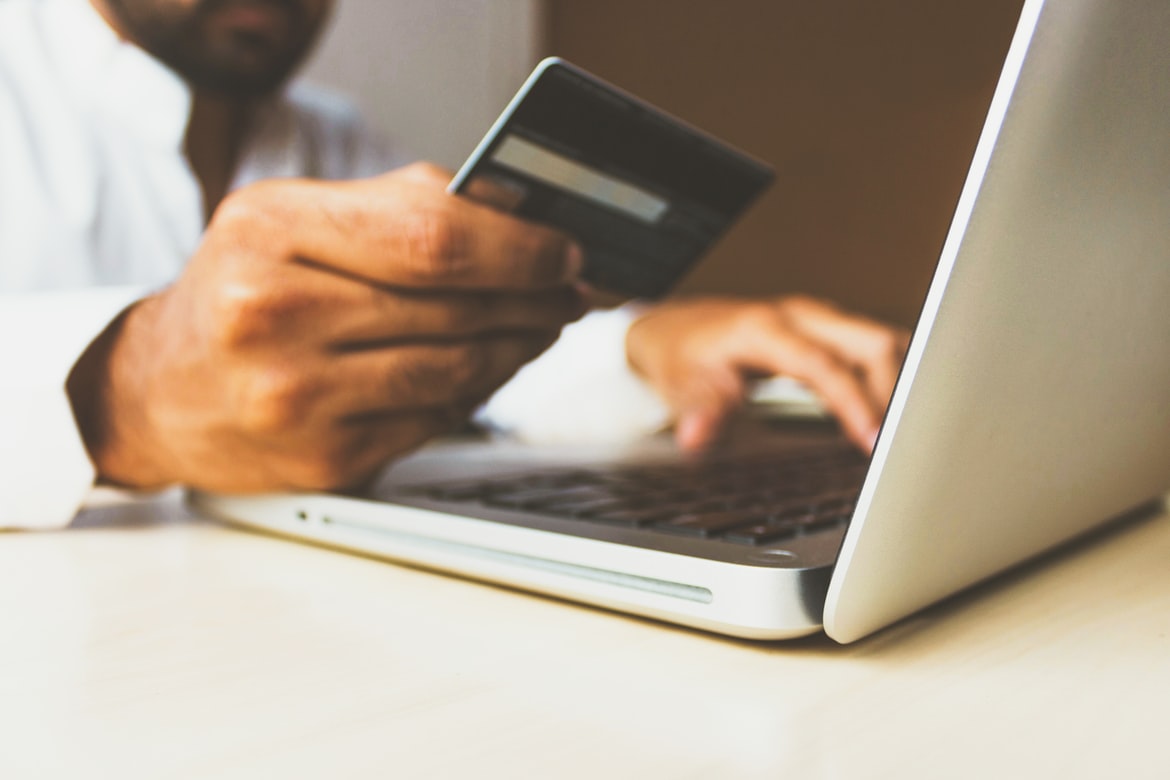
Nowadays, while we are all used to working at home with many gadgets, having a digital tool to show ID and other papers is a great bonus. The digital wallet is an app that scans actual cards and stores payments. It also saves other confidential info like the amount spent on betamo.com/en-CA on a smartphone.
Almost every airline and every mobile device now offers a single-purpose digital wallet software. This is to store boarding passes or other documentation. An iPhone has Apple Wallet, while Google provides Google Pay. The latter is available for both Android and iOS.
Problems With Identity Proofing
Airline wallets use a QR code as an ID to record ticket and boarding pass, date of departure, and seat assignment. An airline must check its backend system to confirm the legitimacy of the ticket a passenger provides to board. They must do this to guarantee the ticket's legitimacy and ticket holder ID.
The new vaccination passes that governments confront a similar dilemma. Those can contain information such as vaccination dates or which vaccines they got. But, they still need evidence of identity to confirm that the pass corresponds to the person who holds it.
At the same time, a restaurant confirming someone's vaccination status does not need to know further info. This can include a person's age, address, and other similar personal details.
Even so, these choices are not available in today's digital wallets. They merely connect identity to the verified document, such as an airplane ticket. Identity proofing can be a game-changer in making digital wallets more than a convenient solution.
Features to Add to Digital Wallets
E-wallets of the future do more than save a picture of a document. In fact, they also ensure that scanned papers are authentic and issued by a trusted source. As a result, identity verification must be the foundation of every digital wallet.
Biometric functionality is a critical necessity for digital wallets. From fingerprint scanning to face recognition, these can help prevent account fraud.
Every aspect affiliated with the user's identity within the wallet like name, birthday, and address must be verified and vetted.
A digital wallet must be capable of storing an individual's ID credentials and presenting them when needed.
Digital Wallet Security
Another key feature of future digital wallets is security. While we may think that we don't have to worry, consumers should be cautious about security as they are with any other service or gadget.
First, developers must implement security best practices to secure the data included in a digital wallet. They must get several certifications to make sure that the wallet complies with ID authentication criteria.
Digital wallets should be interoperable with one another as well. In a perfect world, one wallet might cover all our needs, yet the environment remains fragmented, as seen by the plane ticket example.
Developers must collaborate with organizations to guarantee that all e-wallets are compatible. As a result, companies may provide customers the option of utilizing whichever wallet they wish. This is possible if the ID papers included within them can be shared and confirmed by other digital platforms.